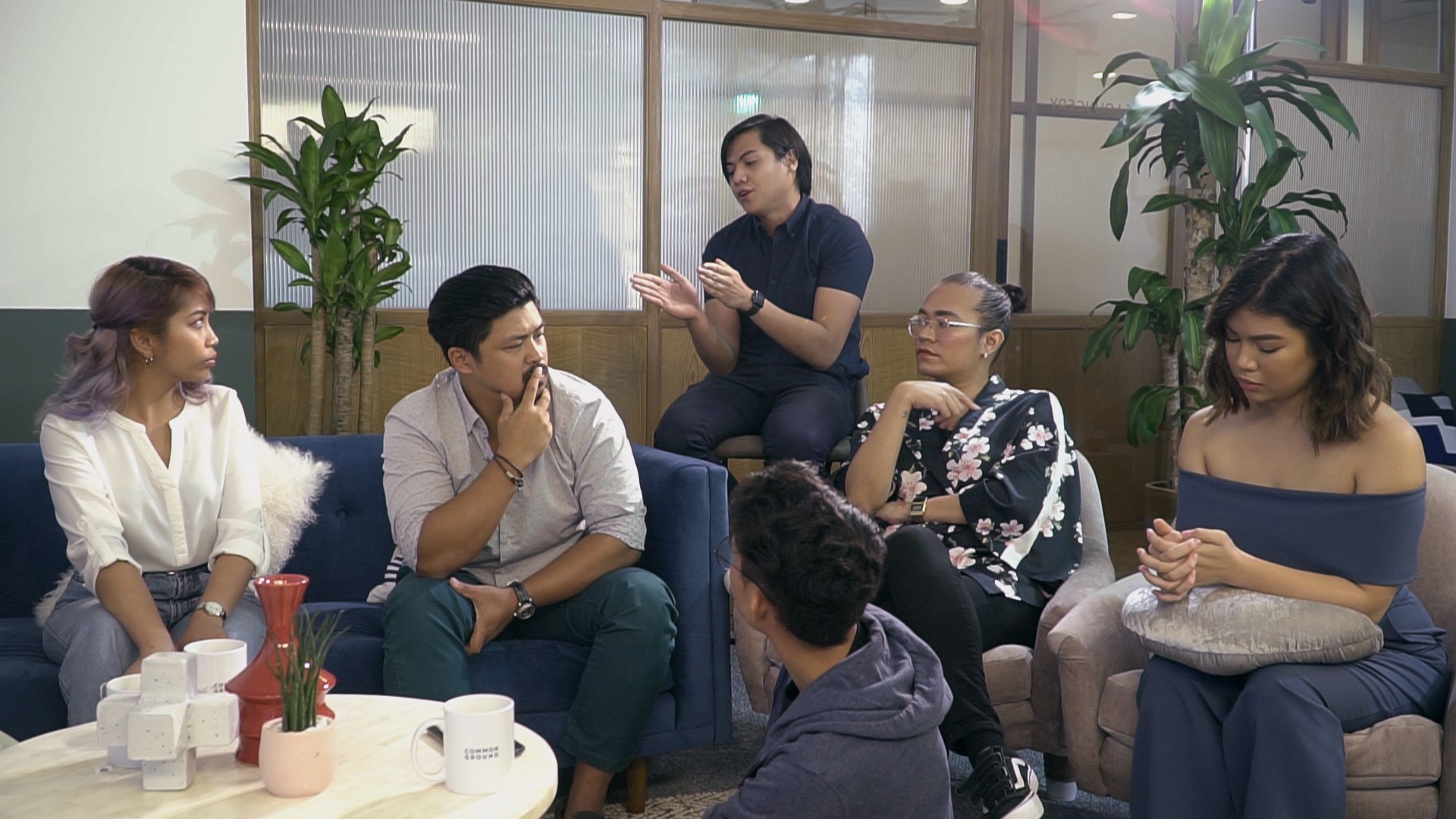The upcoming 2019 midterm elections marks the first opportunity for young voters to use the ballots to take a stance, since President Rodrigo Duterte’s administration. The May 13 elections have over 18,000 posts up for grabs, but none as coveted as the 12 senatorial seats that will make up half of the Senate.Based on their campaign materials, many senatorial candidates are still banking on Duterte’s popularity to come out victorious. The strategy is effective to some degree. Duterte’s closest aide Bong Go, and Duterte’s hand-picked former Philippine National Police Chief Ronald “Bato” dela Rosa, surged in popularity in recent months because of their association with the president and his avid endorsements.
Advertisement

LGBTQ+ Rights
Advertisement
At its current state, majority of the top 18 senators are in favor of pushing the SOGIE Equality Bill. All of the senators who supported the bill and are running in the upcoming election have not changed their stance.As young Filipinos become more and more conscious of climate change and have adapted new habits such as avoiding single-use plastics, environmental platforms have become increasingly important to young voters. Yet even with the Philippines facing several natural and man-made environmental disasters, including water pollution, deforestation, and typhoons, government policies are often overshadowed, if not overlooked by candidates.The candidates' stance below are based on a report by the Ecological Challenge for Change Coalition (Eco-Challenge), which weighed the candidates' connections and positions on big mining, reclamation, dams, plantations, dirty energy and climate, environmental defenders rights, and climate change.
Environment
Considering the candidates’ business interests, several politicians from both the opposition and the administration appear to not have a strong pro-environment stance. Colmenares, who is not in the top 18, advocates pro-environment policies the most, according to the same report.Duterte's War on Drugs has not spared the youth. A report by an advocacy group reports at least 74 minors who have been killed by police from July 2016 to December 2017, including 17-year-old Kian Loyd delos Santos. In the same breath, Duterte has also pushed for lowering the age of criminal responsibility from 15 to only nine years old. The Philippine Drug Enforcement Agency (PDEA) has proposed mandatory drug tests in colleges and high schools.While this is one of Duterte’s core policies however, support for it fails to be a clear indicator between his political allies and opponents.
War on Drugs
Advertisement
Pimentel, who is part of the pro-Duterte Hukbong ng Pagbabago coalition, is against the administration’s current drug operations. Several candidates have not outright denounced it, and are marked above as uncertain.Cannabis is still considered illegal in the Philippines. Despite strides made by neighboring Thailand in relaxing marijuana legislation, the Philippines and other Southeast Asian countries have not budged on their position. President Duterte himself has been back and forth on his views on the legalization of medical marijuana. A bill supporting it is under referendum. In the past years, the Philippine Compassionate Cannabis Society has been working with mothers whose children are suffering from Dravet syndrome to push legalization forward.
Legalization of Medical Marijuana
There’s an equal distribution of candidates who are in favor, against, or uncertain when it comes to marijuana legalization.There are only two countries in the world where divorce is still illegal: the Philippines and the Vatican. The Philippines is one of the top 5 countries with the largest Catholic population in the world – making it difficult to garner support for the law, given the power and influence of the Catholic Church. However, proponents say there should be a separation between Church and state, and that the lack of a divorce law is anti-poor – as only the wealthy can afford expensive annulments in the Philippines. Among young voters, many are also split on their stance.
Divorce
Advertisement
While a divorce law was passed in March 2018 by the House of Representatives, it is finding more resistance in the Senate. The newly elected crop of senators therefore, will play a pivotal role in deciding its fate.Political dynasties, where family members monopolize political power, are deep-rooted in the Philippines. It is common for a politician’s relative to “inherit” their government position by entering the elections when their family member’s term ends. But what has long been an expected practice is now more controversial among young voters. In 2016, the Sangguniang Kabataan Reform Law became the first signed anti-political dynasty law.
Political Dynasties
Several candidates are members of political dynasties: Aquino, Estrada, and Marcos to name a few. The three candidates in favor of political dynasties have or had family members in government.
